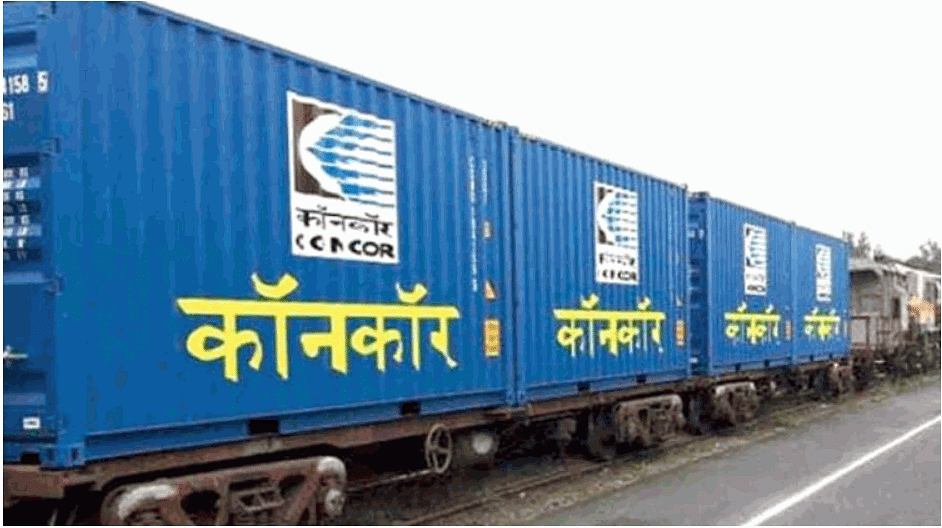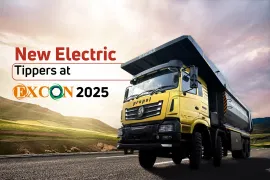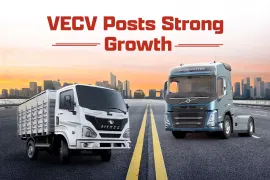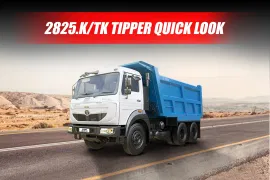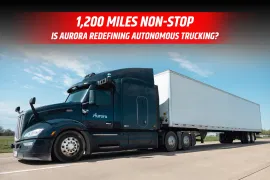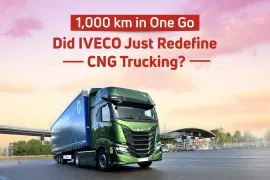As we continue to move towards more sustainable and eco-friendly solutions, transportation is one of the most pressing areas that need attention, especially in emerging markets. It is no secret that traditional forms of transportation are detrimental to the environment, but with the right infrastructure, we can make significant strides towards cleaner and more efficient solutions. In light of this, Indraprastha Gas Ltd has tied up with CONCOR(Container Corporation of India) to help the freight company switch to cleaner burning liquefied natural gas for operating the fleet of load carriers hauling trailers and other goods.
The collaboration between these two giants in the energy and transportation sectors marks a significant leap forward in the Indian transportation industry, and it creates a pathway towards a more sustainable future.
About the collaboration
To start with, the companies will jointly setup LNG infrastructure, including for refuelling heavy vehicles, at CONCOR’s Dadri terminal at UP’s Gautam Budh Nagar. This is expected to reduce vehicular emission and lead to creation of a green logistic industry.
This strategic partnership aims to revolutionize the logistics sector replacing diesel with natural gas. The MoU signifies the commitment of both CONCOR and IGL to reduce carbon emissions and promote a cleaner, greener future for the transportation industry. LNG trucks emit significantly lower levels of greenhouse gas emissions compared to conventional diesel trucks, contributing to a cleaner environment and aligning with global sustainability goals.
The MoU includes replacing existing diesel-fired engines with LNG-fired engines at various CONCOR terminals, an idea that the company had broached to ICT way back in 2019.
Also Read: Unleashing the Power: 5 Reasons to Choose the New Mahindra Jeeto Strong
“By creating the required LNG infrastructure, we aim to set new benchmarks for eco-friendly transportation in the industry,’ an IGL statement on Tuesday quoted company MD K K Chatiwal as saying.
“The partnership with IGL for LNG truck refueling is a testament to our commitment to a greener future,” the statement quoted CONCOR MD Sanjay Swarup as saying.
LNG or LCNG is imported in ships and is heavier than CNG (compressed natural gas). LNG is used for trucking as engines running on the fuel offer more pulling power and longer range than CNG, which is used by three-wheelers.
CONCOR's core business is characterised by three distinct activities, that of a carrier, a terminal operator, and a warehouse operator.
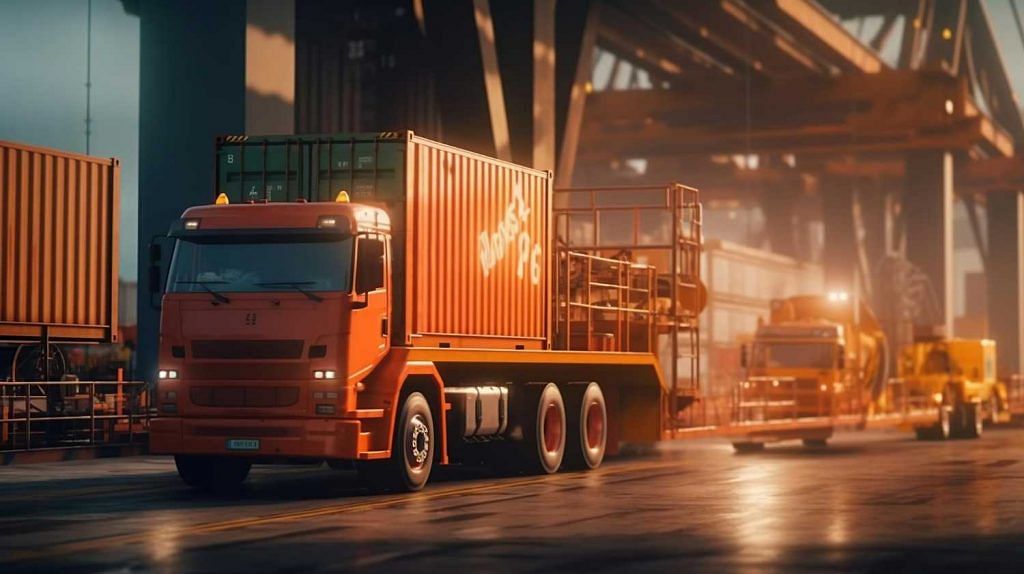
Environmental and economic advantages of LNG/LCNG
The collaboration between IGL (Indraprastha Gas Limited) and CONCOR (Container Corporation of India) to establish LNG/LCNG infrastructure marks a significant milestone in revolutionizing transportation. This innovative approach brings forth numerous environmental and economic advantages that cannot be overlooked.
First and foremost, LNG (liquefied natural gas) is a cleaner and more sustainable alternative to conventional fuels. It emits fewer greenhouse gases, reducing carbon emissions and contributing to the global efforts in combating climate change. The use of LNG in transportation can significantly improve air quality, especially in urban areas where pollution levels have reached alarming levels.
Additionally, LNG/LCNG infrastructure offers substantial economic benefits. The availability of LNG as a viable fuel option presents a cost-effective solution, particularly in the long run. LNG prices are relatively stable compared to traditional petroleum-based fuels, which are subject to fluctuating market prices. This stability provides businesses with better financial planning and budgeting, making their operations more efficient and sustainable.
In conclusion, the collaboration between IGL and CONCOR is a significant step forward in the adoption of LNG/LCNG in transportation. It showcases the potential of this alternative fuel source to revolutionize the industry and create a more sustainable future. By investing in infrastructure and promoting the use of LNG/LCNG, we can collectively work towards a cleaner and greener transportation sector, benefiting both the environment and society as a whole.
Web Stories
Latest Trucks News
Categories
91trucks is a rapidly growing digital platform that offers the latest updates and comprehensive information about the commercial vehicle industry.
